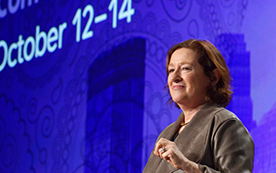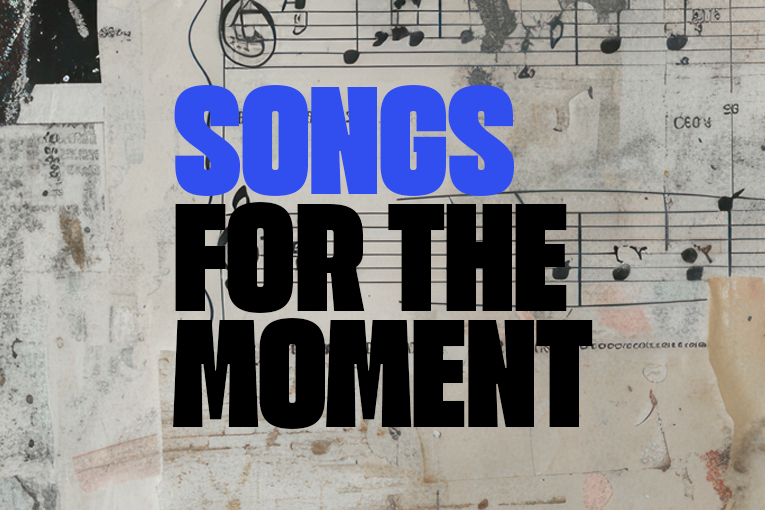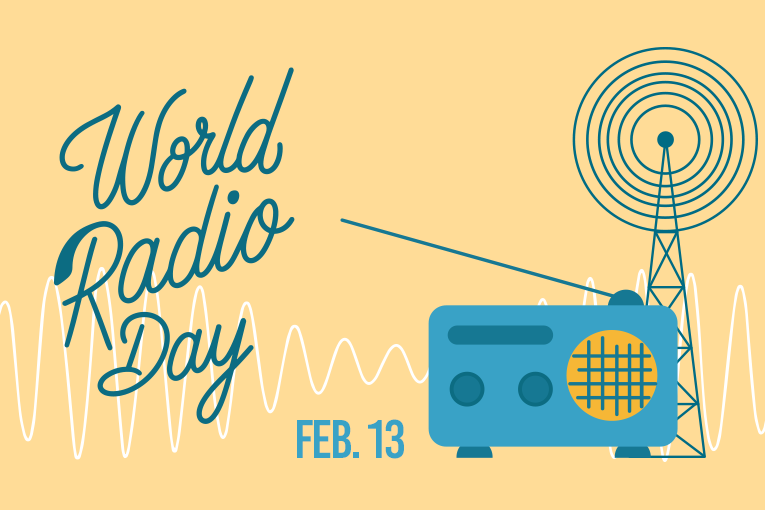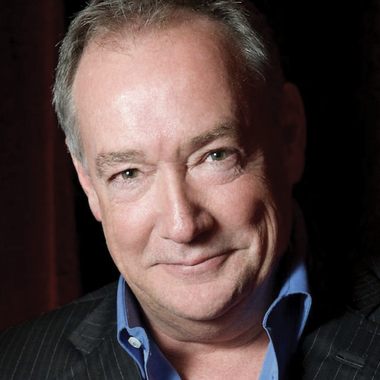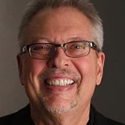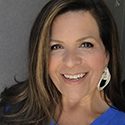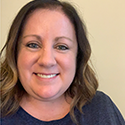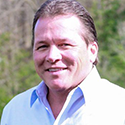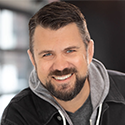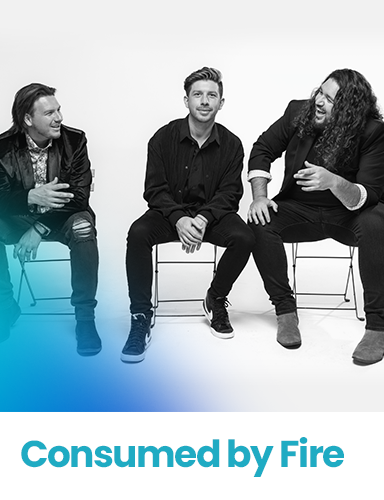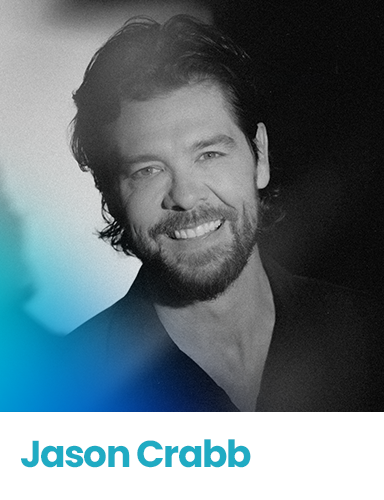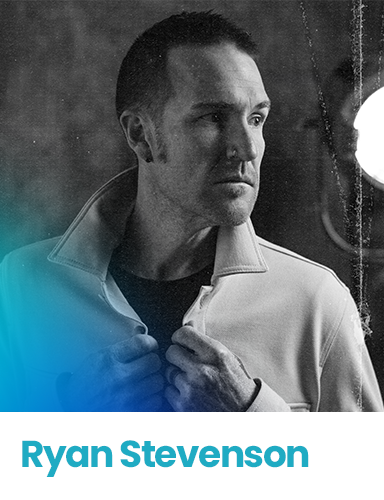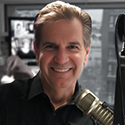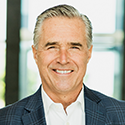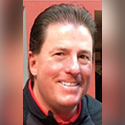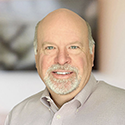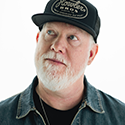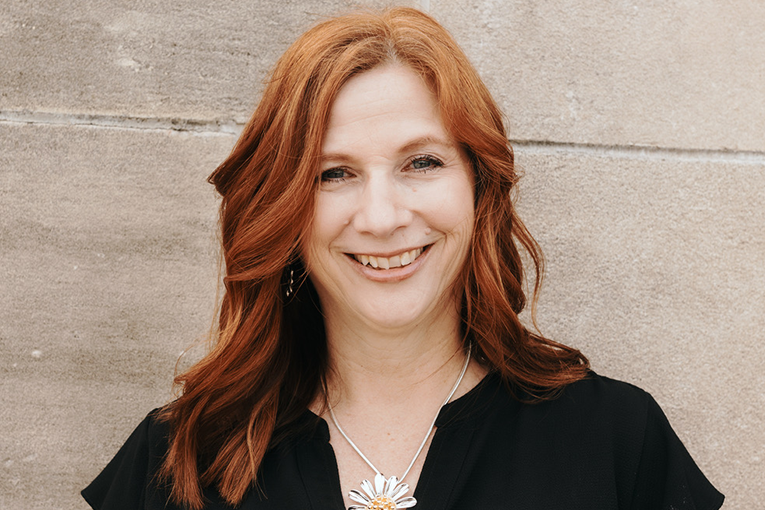
Emotionally Healthy Leader
So often we say “it’s not about us.” But when it comes to good, healthy leadership, it is ALL ABOUT US.
If there is unhealth in your organization, if people are unhappy, unfulfilled and languishing, the truth is THE BUCK STOPS HERE.
We’ve all experienced an environment, church, or other ministry that does it well and those that do not.
In the past few years, CULTURE has become a major focus in Northwestern Media. Whenever you turn the mirror on yourself it’s never comfortable but it becomes the beginning of beautiful growth and healing.
Ministry has always been about people. It stops being ministry when we forget that. Jesus’ three years of public ministry is an incredible example of this. More often than not, Jesus was headed somewhere else when a ministry opportunity presented itself: a woman who touches His robe, a man with leprosy kneels before Him, a family lowers a man on a stretcher through the roof, and so many others. Many times with the plan in front of me, with a to-do list to tackle on limited hours and resources, I forget ministry often happens in the unplanned.
And it wasn’t just the masses that were Jesus’ ministry, so often He took His disciples aside to pour deeper into them. Jesus’ ministry was always people, including those He served alongside. He didn’t use them up and move on to the next. He built them up to take the mantle of ministry when He left.
So with a humble and small start in this, I was so eager to hear from Clay Scroggins on How to Become an Emotionally Healthy Leader at Momentum 2024.
The very first thing that hit me was “our influence and impact as a leader is most determined by your own emotional health.” When we are not emotionally healthy, we offer a “dollar response to a dime infraction.”
Scroggins defined emotional health this way: the ability to recognize and manage your emotions and to control your behavior in response to other people’s behavior. It starts by being emotionally aware. Emotions circulate within us constantly, are you aware of what is going on? When a check engine light comes on in your vehicle, you investigate. That light is informing you of something. Our emotions work the same way, if we take time to be aware. If we quiet the noise of busy-ness and the distractions of life we can get “ruthlessly curious of our emotions,” according to Scroggins.
Scroggins shared 4 practices to becoming emotionally aware:
- Experiment with the noise in your life, how to turn it down, which ones distract the most.
- Learn to identify the different emotions.
- Interrogate the emotion. When did you first notice it? What’s driving it? How should you respond?
- Make a determination for the emotion. Now what?
Scroggins said emotions don’t “drive the car, but you can’t kick it out either.” In other words, our emotions aren’t right or wrong, but THEY ARE. If we’re not consciously aware of them and process them we WILL respond from them inappropriately.
Scroggins added, anytime we mask our emotions we miss an opportunity to grow. I can reflect and realize through a hard divorce and subsequent passing of my Father that I masked deep emotions, and they spilled over in other ways. I wasn’t a great leader and probably not a great human being at this time. I don’t want to miss ANY opportunity to grow especially when it concerns my relationship with others. In business there is a return on investment, but in ministry there is a return on relationship.
This will certainly take practice. Each coaching session with Northwestern Media National Talent Coach Lisa Williams begins with an emotional check-in. It’s an opportunity to practice being aware of what we are carrying in with us.
When asked what the greatest commandment is, in Matthew 22 Jesus replied, “Love the Lord your God with all your heart and with all your soul and with all your mind.” But He went on to add a second. “Love your neighbor as yourself.”
Scroggins wrapped up by sharing that leading others well “only increases as you care for yourself well.”
Here’s a great way to start. Just sit down with this wheel for 5 minutes a day and check in with yourself.


